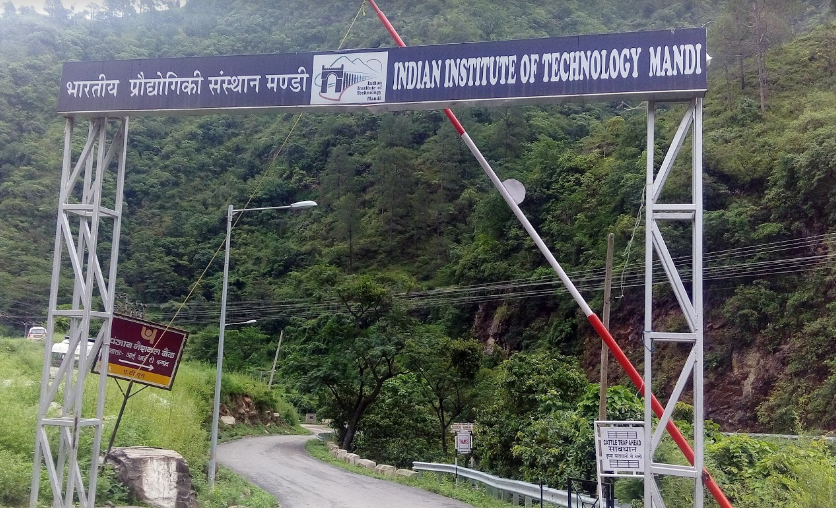NEW DELHI
With a view to infuse technology into the agriculture sector, the Union government has identified Indian Institute of Technology-Mandi as a key hub for training nearly 100 pilots for using drones in the farm sector.
IIT-Mandi iHub will be the first government facility to offer a three-month residential training programme to Class X-pass candidates aged above 18. “The course, to be conducted under PM Kaushal Vikas Yojana 4.0, will train candidates in crop pesticide spraying, monitoring plant health, monitoring field conditions, seeding and pollination,” said an official of IIT-Mandi.
The institute will also help the candidates acquire a drone pilot licence, he said. Under the Drone Rules 2021, the government has approved 44 drone training schools, which include private institutions, for providing drone training/skilling. Till date, these training schools have certified 2,521 drone pilots but these have a negligible number of people trained specifically for the farm sector.
By 9 February, as many as 6,443 drones were registered with a Unique Identification Number. Eleven manufacturers had been issued with a Type Certificate, officials said. Though the adoption rate of Kisan Drones in the country is still in its early stages, officials in the agriculture ministry said the government is taking steps to promote their adoption, such as providing subsidies and training to farmers.
Minister of Agriculture and Farmers’ Welfare Narendra Singh Tomar has also dismissed concerns that adoption of drones in agriculture could lead to a reduction in employment of farm labourers. “In fact, drones could create new job opportunities in the agricultural sector, such as drone pilots, drone maintenance technicians, and data analysts,” he said.
The use of drones in agriculture is regulated by the Drone (Amendment) Rules, 2022, notified by the Ministry of Civil Aviation (MoCA). The rules cover a wide range of aspects, including registration, pilot licensing, operating zone and height restrictions. The Central Insecticides Board & Registration Committee (CIB&RC) has also prescribed guidelines for the use of drones for pesticide application.
As per civil aviation ministry’s regulations, all drones weighing more than 250 grams must be registered with the Directorate General of Civil Aviation (DGCA) and these cannot be flown above 400 feet or within 5 kilometres of an airport. The aviation regulator is also the authority to issue Remote Pilot License (RPL) for drone operators, including those employed in the farm sector.
Drones can only be operated in designated green, yellow, or red zones. Green zones are the least restrictive, while red zones are the most restrictive. Prisons, military bases, and nuclear power plants have been declared as no-fly zones for drones. While the government is developing Standard Operating Procedures (SOPs) for the use of drones in other agricultural applications, such as crop monitoring and irrigation management, the CIB&RC has mandated that only pesticides that are registered with it can be applied using drones.
It is important to note that the regulations governing the use of drones in agriculture are still evolving. As the technology continues to develop and new applications are found, the government may update the regulations accordingly.

